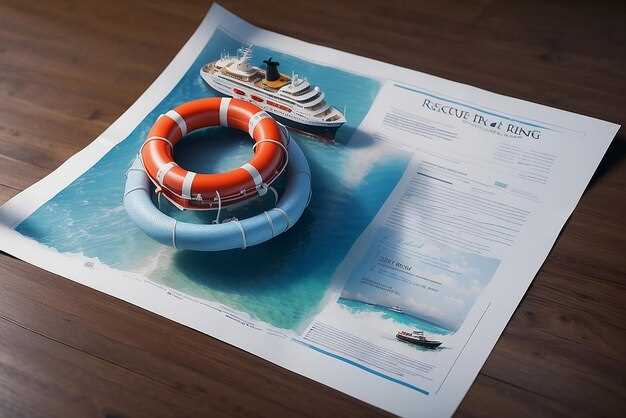
Purchasing a boat is an exciting venture, but it comes with a series of legal obligations that every potential buyer must navigate. Before closing the deal, it is essential to gather and understand the necessary papers that ensure a smooth transaction and lawful ownership. This documentation not only protects your investment but also safeguards you from potential future liabilities.
From registration certificates to bill of sale, proper adherence to these legal requirements is crucial. A thorough examination of the title and registration state of the boat can prevent costly mistakes. Buyers must also be aware of any outstanding liens or encumbrances on the vessel, further emphasizing the importance of diligent paperwork.
In addition to the basic documentation, depending on the location and type of boat, there may be specific papers required to comply with local laws and regulations. Ensuring you have all the necessary documents will not only simplify the purchasing process but also pave the way for a rewarding experience on the water.
Understanding the Title Transfer Process

The title transfer process is a crucial step in buying a boat, as it establishes legal ownership. When you purchase a boat, ensure that the seller provides the original title, which serves as the primary legal document. Check that the title is free of liens, meaning no outstanding loans or claims against it.
Once you receive the title, review it for accuracy, including the hull identification number (HIN) and the details of the previous owner. Both you and the seller must complete any required paperwork, usually including a bill of sale, to formalize the transaction.
After filling out these papers, you will need to submit the title transfer application to your local Department of Motor Vehicles (DMV) or equivalent authority. This may involve paying a transfer fee, which varies by state or region. It’s essential to verify the specific requirements for your location, as laws regarding boat title transfers can vary considerably.
Once the transfer is processed, you will receive a new title in your name, solidifying your legal claim to the boat. Keeping all documentation in a secure place is advisable for future reference and potential resale. Remember, thoroughness in this process ensures both legal protections and a seamless ownership experience.
Essential Registration Documents for Your Boat

When purchasing a boat, having the correct legal papers is crucial for a smooth registration process. The key documents needed include the original bill of sale, which serves as proof of ownership and outlines the transaction details. This document should include the buyer’s and seller’s names, the boat’s identification number (HIN), make, model, and sale price.
Another important paper is the title document if your boat is motorized. The title proves ownership and must be transferred from the seller to the buyer. Make sure that the title is free of liens, as any outstanding claims can complicate ownership transfer.
In some regions, a temporary registration can be required. This legal document allows you to use your boat before permanent registration is completed. Check with your local authorities for the validity period and specific requirements.
Lastly, proof of insurance is often needed for registration. This document not only protects your investment but also meets local regulations that require a minimum level of coverage for boat usage. Always ensure that the insurance policy is active and accurately reflects the details of the vessel.
Gathering these essential papers will make it easier to complete the boat registration process legally and efficiently.
Insurance and Safety Compliance Papers Needed
When purchasing a boat, it is essential to gather the necessary insurance and safety compliance papers to ensure legal adherence and protect your investment. This documentation not only confirms coverage but also demonstrates compliance with safety regulations.
First and foremost, you will require a boat insurance policy. This legal document outlines the terms of coverage in case of accidents, theft, or damage. A valid insurance policy is not just a precaution; many marinas and docks require proof of insurance before allowing access.
Next, you must have registration papers for the boat. These documents prove that the vessel is legally registered with the appropriate government authority. Registration helps in identifying ownership and is a crucial legal requirement in many jurisdictions.
Additionally, safety compliance papers are necessary to confirm that your boat meets the required safety standards. These may include certificates that verify the presence of essential safety equipment, such as life jackets, fire extinguishers, and navigation lights. Compliance with local and federal safety regulations is mandatory to operate your vessel legally.
Finally, ensure that you have any relevant inspection reports for safety audits conducted on your boat. These legal documents validate that your vessel has undergone necessary inspections and adheres to safety guidelines, which can prevent legal issues in the future.
In summary, gathering the required insurance and safety compliance papers is vital for legal operation and protection when buying a boat. This documentation not only safeguards your investment but also ensures a safe boating experience.



